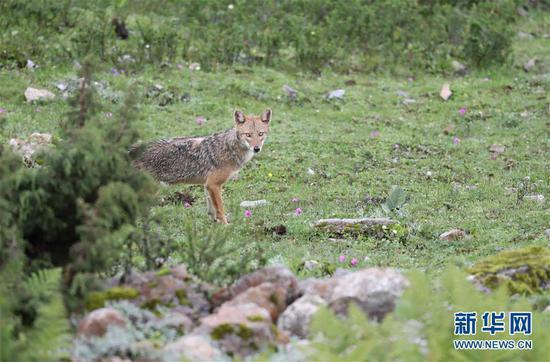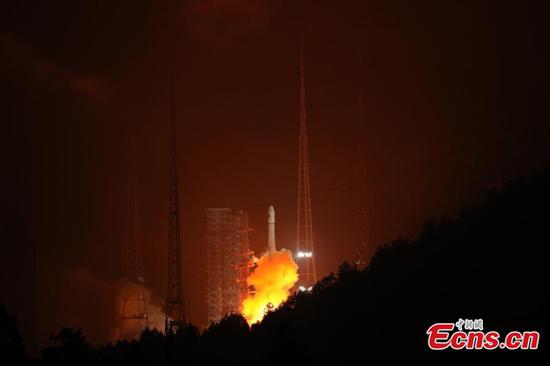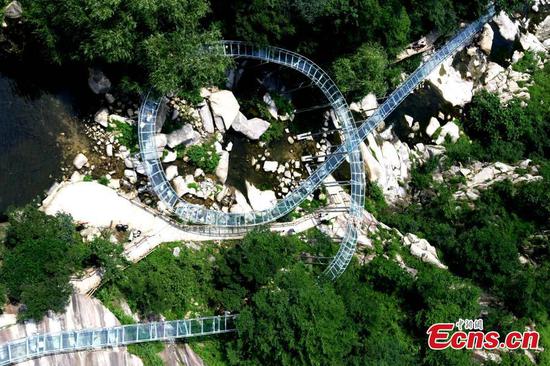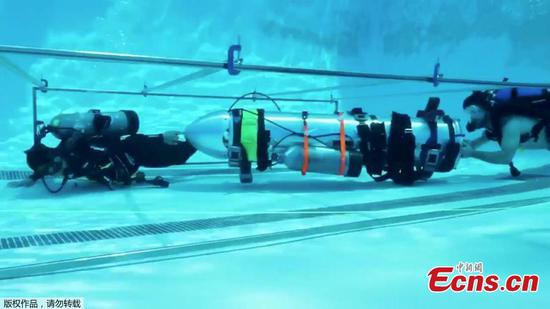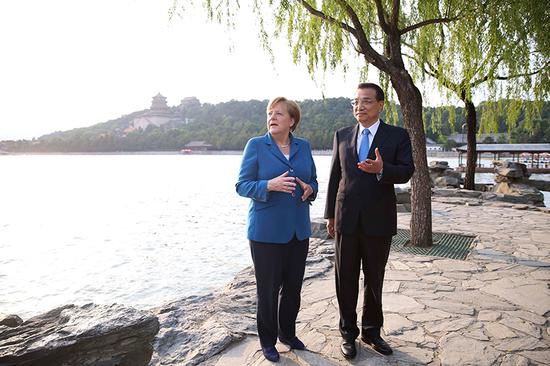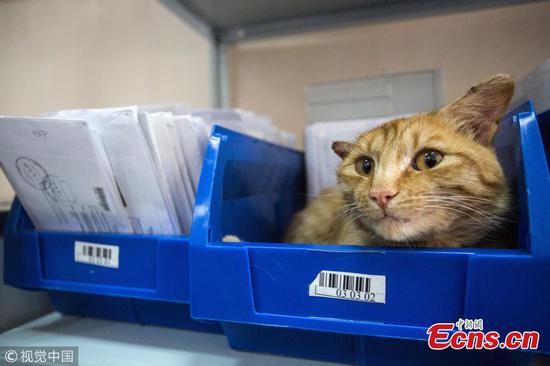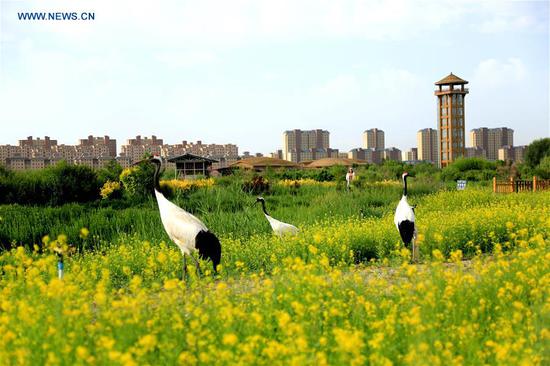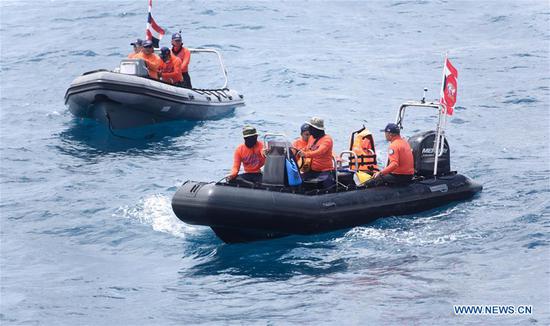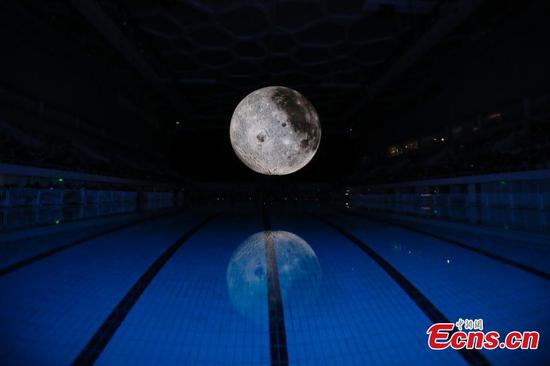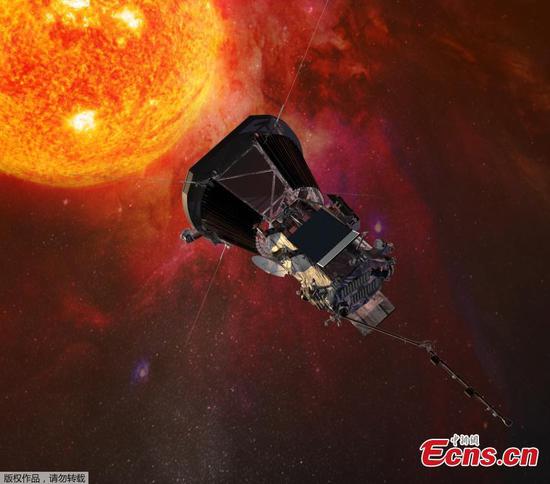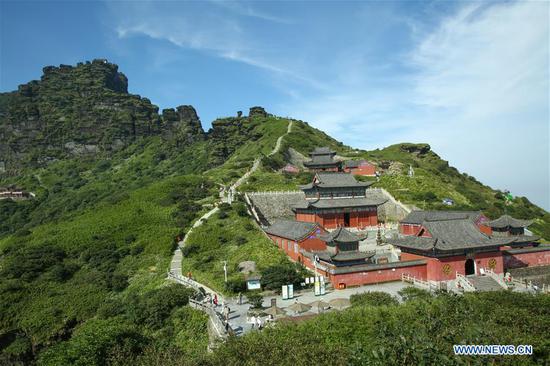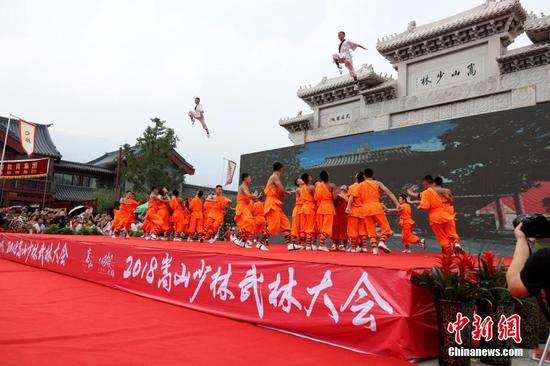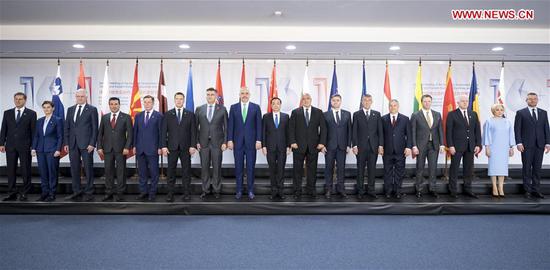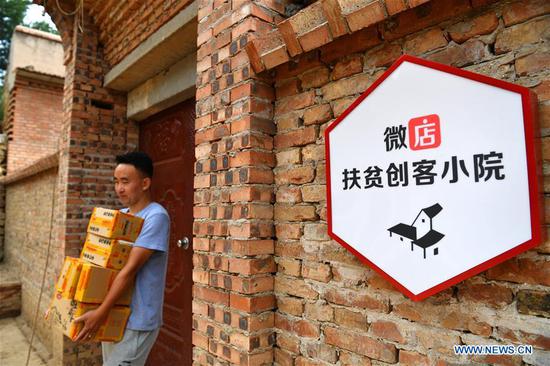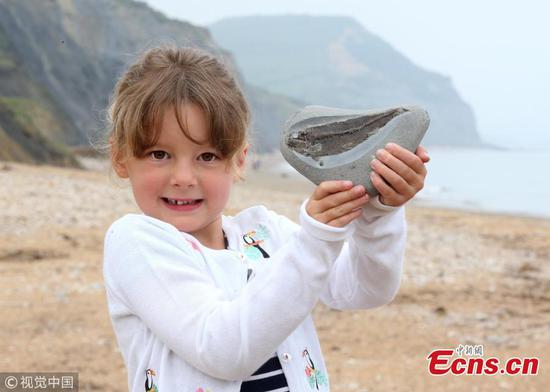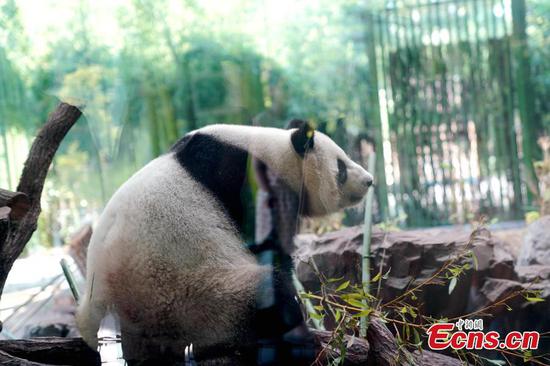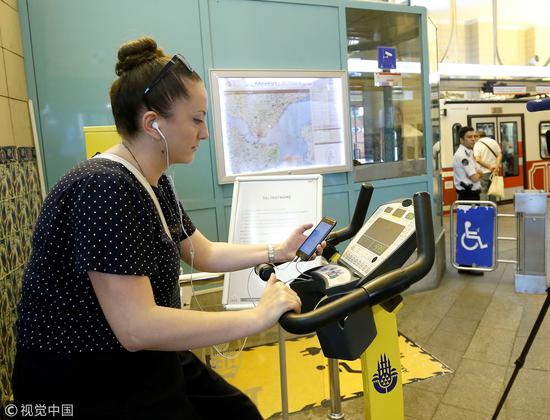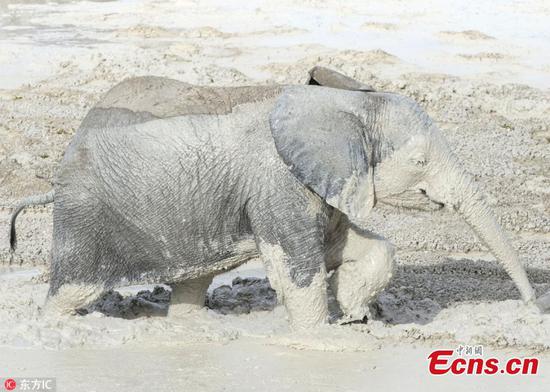China launched two satellites on Monday for Pakistan, marking a major step in the two nations' cooperation in the space sector, according to China Aerospace Science and Technology Corp.
A Long March 2C carrier rocket blasted off at 11:56 am at the Jiuquan Satellite Launch Center in northwestern China, placing the Pakistan Remote Sensing Satellite 1, its first optical remote sensing satellite, and the PakTES-1A, designed for scientific experiments, into preset orbits, the State-owned space contractor said in a statement.
Developed by the China Academy of Space Technology based on China's CAST 2000 satellite module, the Pakistan Remote Sensing Satellite 1 is expected to work in a sun-synchronous orbit for at least seven years.
The satellite carries two panchromatic/multispectral cameras with a panchromatic resolution of 1 meter. It will serve a wide range of civilian sectors such as agriculture, land and resources surveying, urban planning, environmental protection and disaster prevention and relief. It can also provide remote-sensing services in the construction of the China-Pakistan Economic Corridor, a bilateral economic initiative launched in 2013, the statement said.
The PakTES-1A was developed by Pakistan. Fitted with sensors and cameras, the 285-kilogram satellite will mainly be tasked with helping geographical and atmospheric research, Pakistani media reported.
Monday's launch was the result of a contract signed in April 2016 between the Pakistan Space and Upper Atmosphere Research Commission and China Great Wall Industry Corp, a subsidiary of China Aerospace Science and Technology Corp that specializes in international space cooperation.
In addition to the satellite, China Great Wall will transfer ground applications and ground control systems to Pakistan, and will provide in-orbit testing, personnel training and technical support.
This was the second time China has built and launched a satellite for Pakistan, one of its strategic partners, following the PAKSAT-1R, a communications satellite that was lifted atop a Chinese rocket in August 2011, according to the Chinese aerospace corporation. The company said the PAKSAT-1R has been working well and has provided social and economic benefits for Pakistan.











